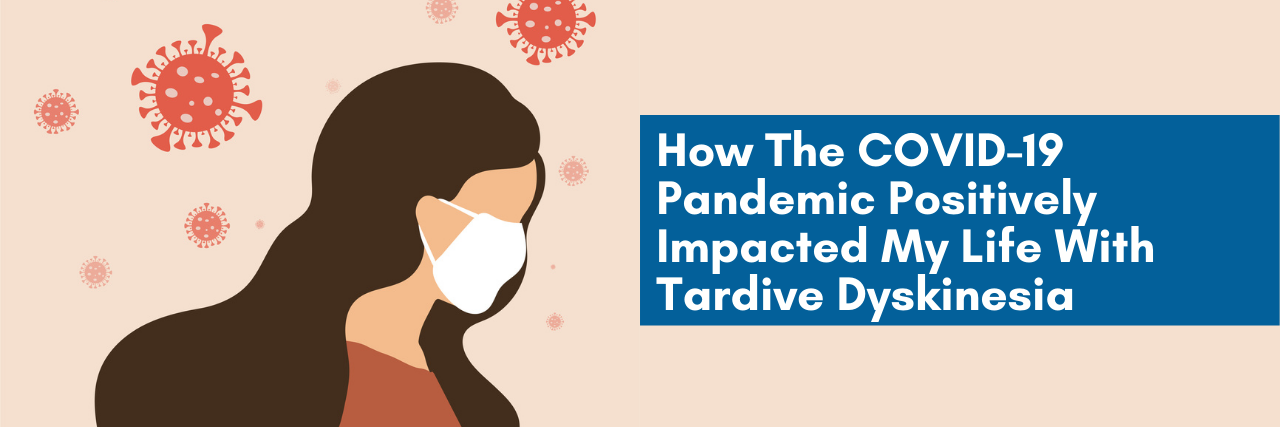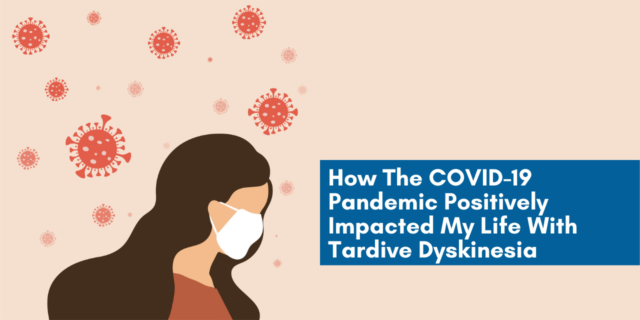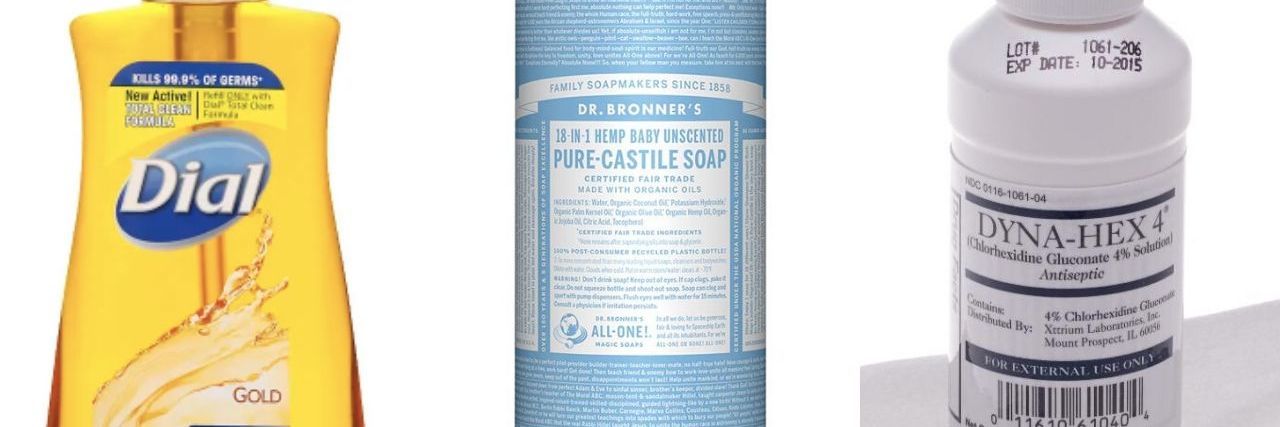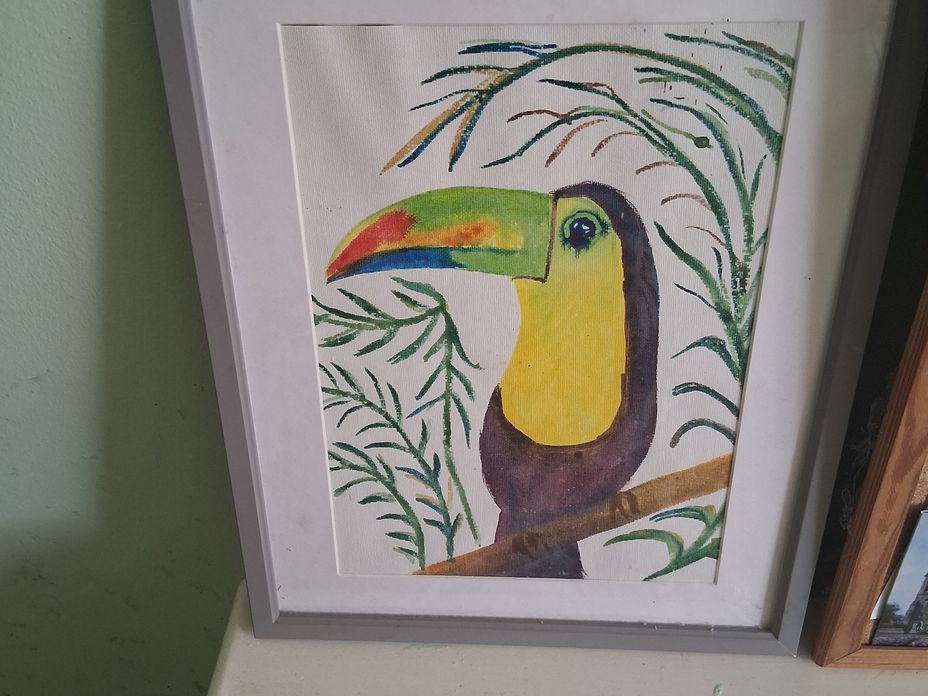Crimson Red by Melanie R.
Crimson Red by Melanie R.
Crimson red-
against the snow.
My heartache bleeds, and nearly froze!
I turn to you
and say a prayer,
release me Lord,
from pain and spare
my heart from this deep suffering.
The ache.
The hurt.
My mind wandering.
Crimson red.
Down and blue.
White of snow.
Thoughts of you.
Buffalo blizzard.
A frozen cry.
Of time felt lost, and days gone by.
Your memory will never fade.
Swirls like wind, still falls like rain.
Our hearts hold onto memories,
Days up,
then down…like swaying trees.
Crimson red.
Hearts of truth.
Cold of snow.
Thoughts of you.
Red cardinal singing
love’s forever song of faith.
Holy water springing;
by pearl of heaven’s gate.
A timely whispered love song,
her music sung deep blue.
Sets free-
releases sadness,
as spirit’s called to you.
Consecrated!
Soul guided!
As He has heard our cries!
He knows of all the suffering,
every groaning,
every sigh.
Crimson red-
the blood was poured;
robes washed white-Calvary brought forth.
A poem/song about the untimely loss of my mother in the winter of 2021.🌹
#Grief #COVID19 #MitochondrialDisease #AutoimmuneImmunodeficiency #Dysautonomia #ChronicIllness #ChronicInflammatoryDemyelinatingPolyneuropathy #ChronicPain #PrimaryImmunodeficiency










